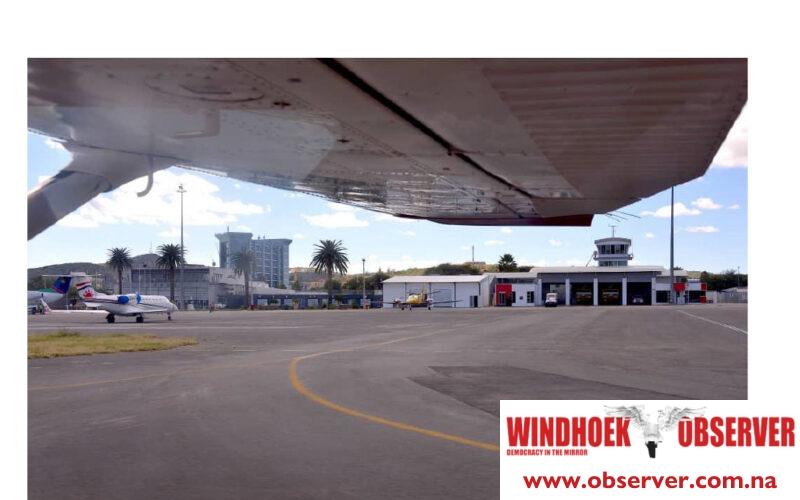Martin Endjala
The Namibia Airports Company (NAC) has postponed finalising the N$222 million tender with Central Oil Namibia (Pty) Ltd. for aircraft fueling services at the Eros and Andimba Toivo Ya Toivo airports.
This decision follows a notice of appeal filed by Puma Energy (Namibia) (Pty) Ltd. on 21 February in the Supreme Court.
Puma Energy is challenging the High Court’s dismissal of its application to review and overturn the tender award decision made on 25 January.
The High Court had ruled that Puma Energy must cover the court costs incurred by NAC and Central Oil Namibia.
The NAC awarded the tender to Central Oil Namibia on 17 January 2022, after finding that Puma Energy did not meet all the necessary requirements.
On Tuesday, the NAC, in a public notice, said the Supreme Court has not yet set a date for the appeal hearing.
Consequently, NAC has announced it will not finalise a contract with Central Oil Namibia until the appeal is resolved.
“The NAC will not conclude a contract with Central Oil Namibia until the Supreme Court has decided the appeal,” the notice states.
Consequently, Central Oil Namibia has not been contracted or authorised to provide aircraft fueling services at Eros Airport and Andimba Toivo Ya Toivo Airport.
According to court documents, Puma Energy sued the NAC for awarding the oil supply contract without following the correct procedures.
Puma Energy argued that the NAC broke the law by failing to comply with the Public Procurement Act No. 15 of 2015 requirements for competitive bidding.
In its notice of appeal, Engling, Stritter and Partners, represented by Danael Beukes, argued that if the Supreme Court rules in its favour, both the High Court orders from 25 January and the tender award should be set aside.
Beukes further argued that if the Supreme Court again rules in its favour on the grounds it has submitted, both parties should pay their own costs of suit.
Gallo Papa Diack, the former chief executive officer of Puma Energy, stated in the founding affidavit that the NAC needed an exemption from finance and public enterprise minister, Iipumbu Shiimi, but it never did.
“The NAC deliberately withheld such information from the minister; as a result, there is no chairperson constituted for a panel review under Section 58 of the Act,” he argued.
He claims that the public procurement board did not administer the tender, despite the fact that they should have.
Diack noted that even if Section 4(2) of the Procurement Act were to grant an exemption, it would still be unconstitutional because Central Oil Namibia lacks capacity and is new to the industry.
In their answering affidavit, both the NAC and Central raised the issue that Puma had not complied with Section 59.
Both parties argued for the dismissal of Puma’s application due to its non-compliance.
Section 59(1) gives a bidder the option of applying to the review panel to review a tender decision.
According to the NAC, Puma failed to exhaust the prescribed internal review process.
The NAC also argued that Puma could not provide proof that it has no less than 51% equity owned by Namibian citizens, of which previously disadvantaged persons own 30%.
For the past 18 years, Puma has been dominating the aircraft fueling tender at the country’s main airports, prior to its rebranding as BP.
The company also held a similar tender at Andimba Toivo ya Toivo Airport for 14 years, as well as at Hosea Kutako International Airport for 14 years (from 2009 to 2023).
Central Oil Namibia was founded in 1989 by former director of counterintelligence George Iita.
The NAC invited bidders on 24 August 2021. Central and Puma were the only two bidders.
On 14, 2021, the NAC appointed a bid evaluation committee (BEC), which reported back to the NAC on 3 November 2021.
Puma was then disqualified in December 2021. Puma was informed of its right of review as per Section 59 of the Procurement Act, which prompted the ongoing legal battle.




